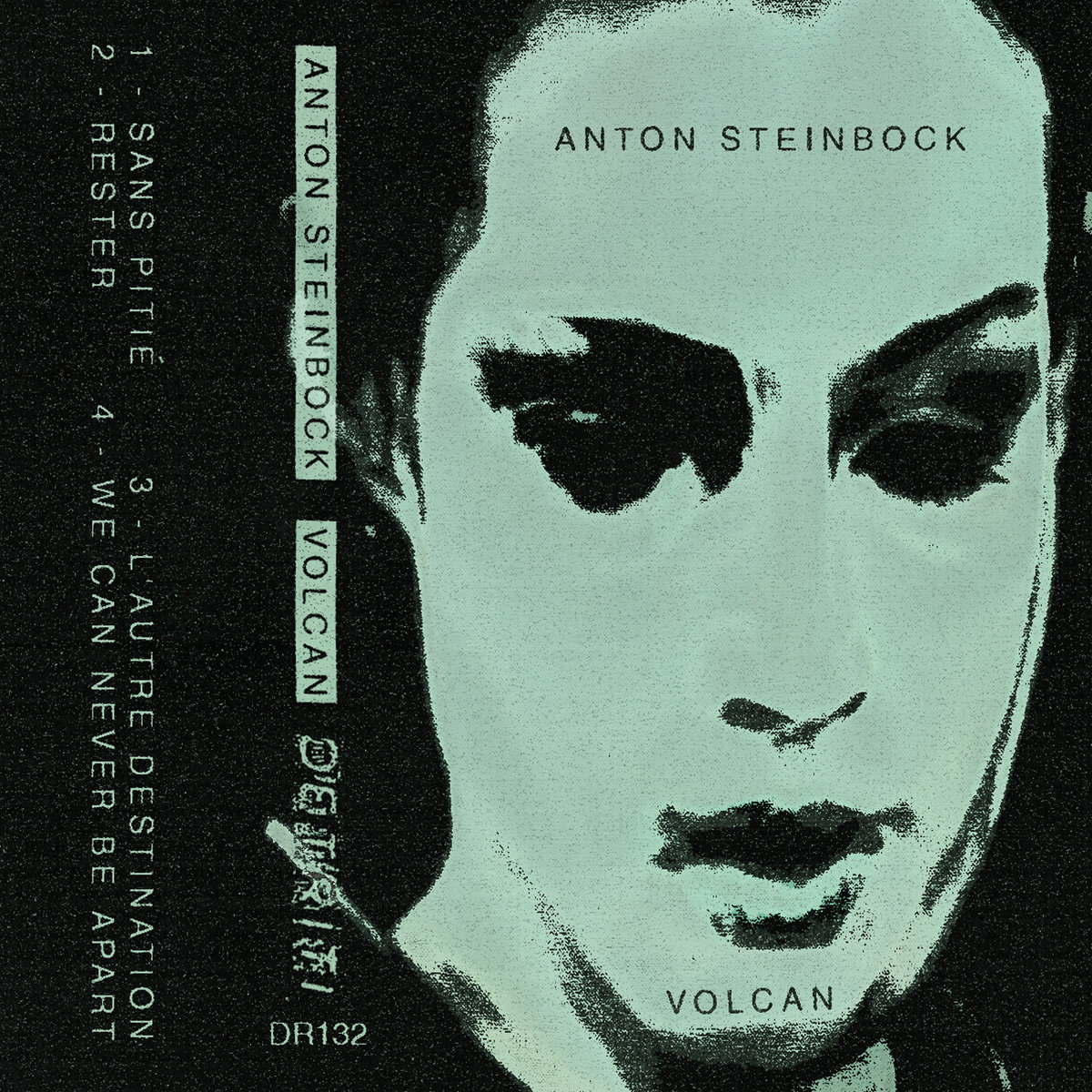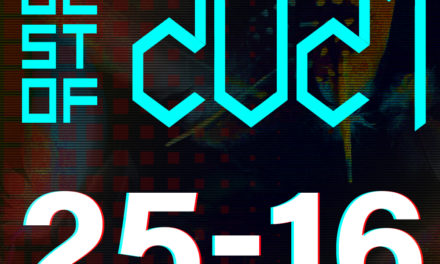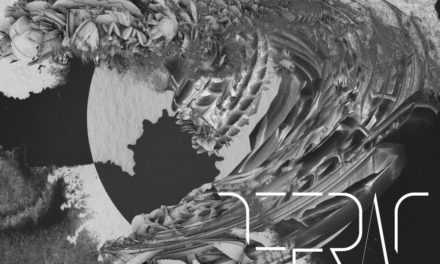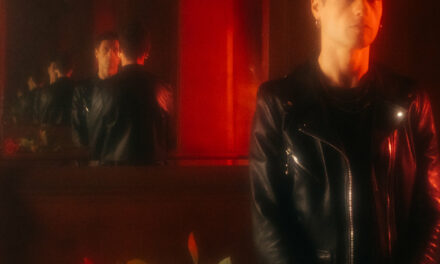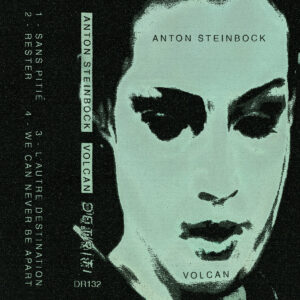
Anton
Volcan
Detriti Records
As is typical of artists associated with Detriti Records, there’s something a little left of center in the music on Anton Steinbock’s new EP Volcan. It’s not that the songs themselves are necessarily very weird of their own accord; the Parisian darkwaver’s depressive dancefloor tunes have enough melody and energy in them to fit into a DJ set of the current post-punk club songs of the day. It’s the delivery that makes them stand apart, with Anton making instrumental and vocal choices that give them a unique touch. “Rester” is plenty catchy enough between its kick-snare-kick-kick-snare drum shuffle and icy synth stabs, but it’s the way Steinbock delivers the chorus in a grave monotone accented with little yelps that stick out. Alternately, the stoicism of opener “Sans Piti锑s bass lead groove is twisted ever so slightly by a crooned vocal that sounds more horny than it does depressive, and that’s before you get to the chintzy synth bridge. Whether any of that will necessarily stand out to you on a casual listen or not isn’t certain, but closer “We Can Never Be Apart” is inarguably the EP’s highlight by virtue of its odder choices; delivered in accented English and loaded with oddball touches like sharp bursts of rhythmic breathing, deliberately off-key notes dropped into its bassline during chord changes and a whirring synthesizer patch that constantly sounds like it’s about to wheeze its last, it’s a song that works because it feels like a polished product deliberately rearranged to unnerve.
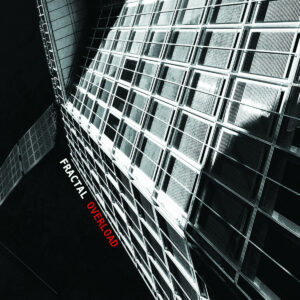
Fractal
Overload
Aliens Production
One-man Polish act Fractal has flitted between the industrial and ambient ends of things over the past decade, but in the course of recent releases on Aliens Production has settled into soupy, downtempo mix of post-industrial and technoid, with thematic connections to the futures past charted by the likes of Haujobb and Cryo some fifteen years back. References to cyberspace, computer networking samples, and the like cinch in the oddly retro feel. “Network”, with its rubbery beats, whispered vocals, and sheen of tinkling programming quickly gets the general style across quickly, but also points to Fractal’s subtler strengths. Namely, the harmonics and sense of smoothness lent to the proceedings via its softer pads fills in some of the compositional lightness and cinches in the spacey cypberpunk atmosphere the project hinges upon. The spacey drones of closer “Structures Of Silence” do a similar job, and the ambience which makes up its first half lets the stuttering, staccato rhythmic programming of the rest of it stand out nicely in contrast. A record like Overload is certainly more the product of its established musical and thematic influences than it is any revolutionary reworking or recombining of those elements, but fare of this sort always has an easy charm if it’s delivered with taste and a bit of polish, and that’s certainly the case here.

